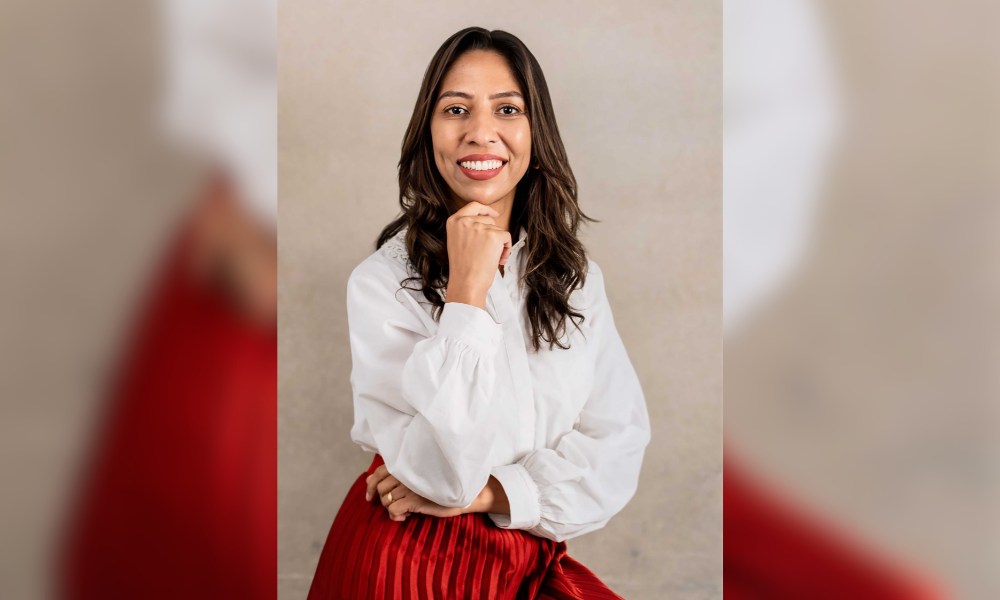Interview with Alessandra Gomes, Executive Creative Director – McCann Health Brazil
- Once again, McCann Health Brazil has received recognition at the Saniss Awards. What challenges arise from this type of global recognition?
With each recognition, our responsibility as a creative reference in health in Latin America also increases. The area is already very challenging in itself. Working in health communication requires extensive knowledge of its policies, great care with any potential impact, careful attention to messages, and, in addition, it must be creative and efficient. Our team is always alert to these factors. So, when we receive such recognition, it only motivates us more and drives us to keep going.
- How do you manage to create messages that promote awareness and action among patients, beyond just designing impactful pieces?
The secret is always to think about what we need to communicate before deciding how to do it. Impactful pieces lie in the how, but the goal of communication is to convey the message clearly and efficiently, which should be considered first. Creating impactful pieces makes the messages more palatable and easily understandable for a large audience, and this is part of the second step in the creative process.
- What was the biggest challenge you faced when developing these award-winning campaigns, and how did you overcome them?
The low budget, common in this type of campaign, has always been a huge challenge. So, we focus on the goal, on what the campaign will impact, and work tirelessly together so that creativity and innovation can help us with any possible lack of resources. We always achieve great repercussion because all the campaigns addressed very relevant causes, which brings greater organic engagement and, consequently, positive results.
- How do you ensure that your campaigns resonate, both with the festival’s judges and with the audience you seek to impact?
In the end, we all want something better for our health, the health of our children and families, and we want better things for our society. This is what we work on daily when it comes to social campaigns. Bringing solutions to current issues creates a more direct connection with both the public and the jury. These are relevant themes for the entire society, not just for Brazil, but globally and easily scalable. For example, in the case of “Sports Lenses,” the connection between using lenses for sports is very relevant, especially during the Olympics. In the case of “Unscreen Kids,” addressing how harmful it is to leave children exposed to long periods on their cell phones is a worldwide concern. “Your Bias is My Remedy” highlights the prejudice that medical cannabis use faces, often preventing successful treatment.
- How has communication and its approach to health and wellness campaigns evolved over the past decade?
With the advent of new tools like AI, everything has become more accelerated. Now, we have access to data much more quickly and accurately, which has significantly impacted the advertising world. Everything today is faster and more accessible. So, those who understand the role of these tools in this way can also find solutions more quickly and accurately. These tools also allow us to test whether the creative approach will work even before proposing it to our clients. The evolution is rapid, and it is essential to stay attentive to all this, not only to keep up with the transformations in communication but also to understand the trends that will emerge because of it.





